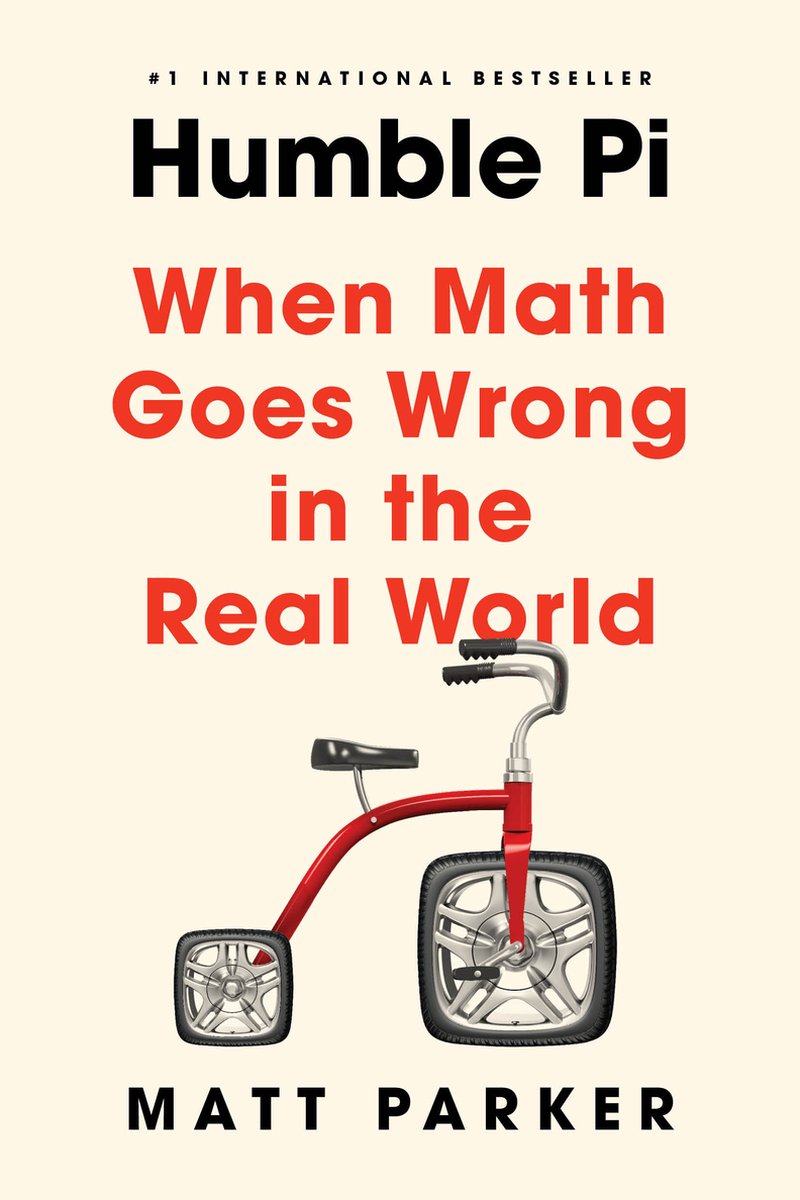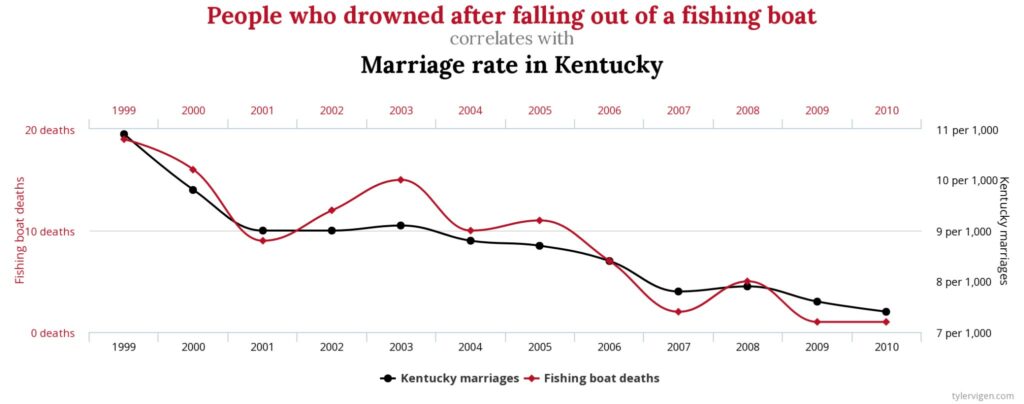My whole life has been centered around mathematics. It was not until much later when I was told I may, might, could have a talent for writing. It did not dawn on me then as my life’s course or desire was to be an engineer of some type. It never happened because of a little downturn in demand for engineers in the seventies. VP of Patents and Trademarks at USG convinced me then to get some type of degree in Business. I had two years of Calculus to back me up in pursuing such(?). Back to the topic . . . In all boys high school in Chicago, each year the math department would have a contest. Each contestant would memorize as many places of Pi they could. My friend “Danny,” a brainiac of sorts could recite an ~120 places of it. I was happy with five
Topics:
Bill Haskell considers the following as important: David Zetland, Education, Journalism, The One-Handed Economist
This could be interesting, too:
Angry Bear writes The paradox of economic competition
NewDealdemocrat writes Constitutional Interregnum
Bill Haskell writes Know Nothings
Joel Eissenberg writes The Trump/Vance Administration seeks academic mediocrity
My whole life has been centered around mathematics. It was not until much later when I was told I may, might, could have a talent for writing. It did not dawn on me then as my life’s course or desire was to be an engineer of some type. It never happened because of a little downturn in demand for engineers in the seventies. VP of Patents and Trademarks at USG convinced me then to get some type of degree in Business. I had two years of Calculus to back me up in pursuing such(?). Back to the topic . . .
In all boys high school in Chicago, each year the math department would have a contest. Each contestant would memorize as many places of Pi they could. My friend “Danny,” a brainiac of sorts could recite an ~120 places of it. I was happy with five places as it was all I needed to solve engineering mathematical problems on paper and using a calculator a quarter the size of a shoe box. Finally, the topic . . .
Blogger, “The one-handed economist,” David Zetland has a unique review of a book which conjured up my memories of pursuing a capability in mathematics for engineering which eventually fell by the wayside.
“Humble Pi” by Matt Parker
I got this book after hearing the author (Matt Parker) a few times on various podcasts. Its perspective is captured in the subtitle: “when math goes wrong in the real world.”
The book is a page turner, moving crisply (and humorously*) from one disaster to another.
In most cases, problems arise from conversion errors (metric to imperial), mistakes in formulas (dividing by zero), disagreements on starting points (you’re “zero years old” until you’ve been alive 365 days?), misusing software (Excel is nota. database!), or things going on for longer than expected (the clock runs off a cliff). The resulting problems are sometimes funny but sometimes deadly.
Why?
This is a common theme in human progress. We make things beyond what we understand, as we always have done. Steam engines worked before we had a theory of thermodynamics; vaccines were developed before we knew how the immune system works; aircraft continue to fly to this day, despite the many gaps in our understanding of aerodynamics. When theory lags behind application, there will always be mathematical surprises lying in wait. The important thing is that we learn from these inevitable mistakes and don’t repeat them.
And then we can turn from making mistakes and learning from them to the situations where marketers are deceptive (“McDonalds: We have 6,000 meal combos!), where the “average person” doesn’t actually exist (just like the average height of a point between Mt Everest and sea level is not 4424m high), where what we see now is not what was once there (survivor bias), or where scammers or attention seekers claim big significance in spurious correlations. For example:
David Zetland: “If you love numbers and hate the people that abuse them, then read this book. ‘FIVE STARS.‘”
*This was in the end notes: “Charlie Turner fact-checked the crap out of the book and all remaining errors are hilarious jokes I’ve demanded be left in.”


